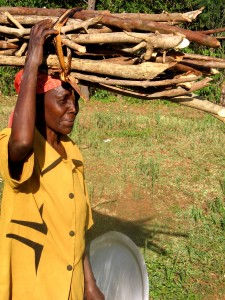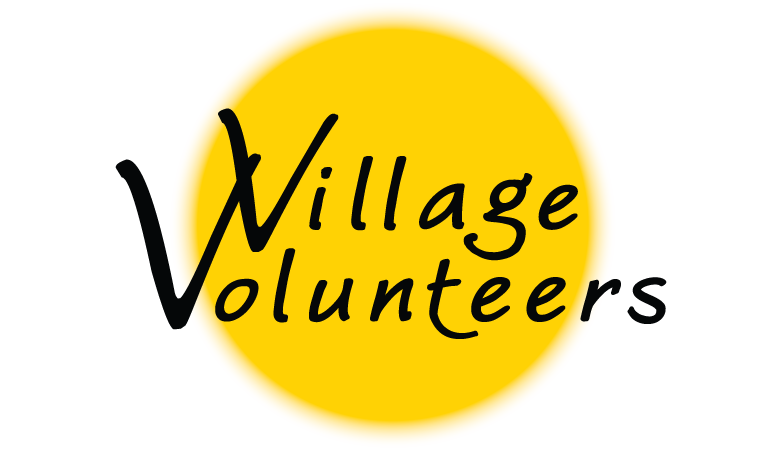 Mama na Dada is a program that seeks to empower women and girls through self-sustaining projects in a village that lies on Lake Victoria. AIDS spread rapidly in this area due in large part to the migrant fisherman.
Mama na Dada is a program that seeks to empower women and girls through self-sustaining projects in a village that lies on Lake Victoria. AIDS spread rapidly in this area due in large part to the migrant fisherman.
Women-run businesses like goat-keeping, bee-keeping, Tye Dye, and tailoring have been funded by Mama na Dada. They also run support groups and provide home-based care to those that are suffering with the illness.
I met Catherine, a 29-year-old happy-go-lucky widow in poor health. Her house had collapsed and was rebuilt by Mama na Dada. Then there was Clarise, a 30-year-old mother of three who could barely move and was somewhat in denial about her condition. As is common in the villages, we prayeed as we entered and exited the house. She was being cared for by her mother and was most worried about the education and care of her children and whether her mother would be strong enough to care for them. Her mother was also concerned, having given up everything to care for her daughter and grandchildren. Clarise requested and will receive a wheelchair from Mama na Dada so she can move around without the help of her mother and get outside to see the sun.
Mama na Dada also operates a recreation center and it was great to see all the village women come and play netball, a combination of basketball and rugby. The program director, whose husband grew up in the village, chose to lead Mama na Dada full-time for no pay instead of working as an Attorney. She was so pleased to watch the women come and play as she said the women get married and have children so young and so rarely have fun in their lives. The women beat the teen girls
and won’t let them forget it anytime soon!
They also run a Stay Alive Youth Group for the girls in the village. Although very conservative in nature, the women elders all got together and decided to teach the young girls about sex and how to avoid AIDS. One elder told me that she tells the young girls to abstain, but if they can’t they must protect themselves. The elder women were torn in disseminating this information, but they all lost children to AIDS and believed that their whole village would eventually die if they didn’t take action. And it’s working. In talking to some of the orphan girls, they know the dangers and are not about to easily trust anybody.
Kieran O’Dowd
September 2004
